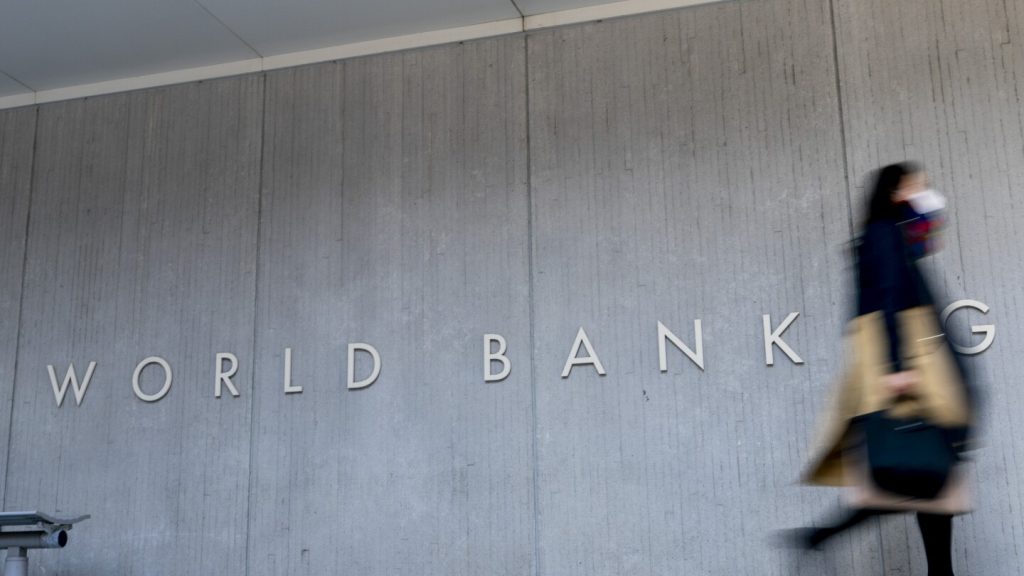The United States Treasury official Jay Shambaugh made a statement defending the International Monetary Fund (IMF) and World Bank, saying that withdrawing from these organizations would be a step backward for the country’s economic security. This comes in response to a proposal called Project 2025, which suggests pulling out of the IMF and World Bank if Donald Trump wins the presidential election. Shambaugh emphasized the importance of U.S. leadership in these institutions and the potential negative consequences of withdrawing.
The IMF and World Bank serve as lenders of last resort, using loans and assistance to support struggling economies and promote stability and growth. The Project 2025 proposal argues that the U.S. should withdraw from these organizations and terminate its financial contributions, claiming that they act as expensive middlemen and do not effectively distribute funds to those in need. Shambaugh addressed this proposal, stating that there have been longstanding arguments for withdrawing from these institutions but emphasized that the evidence suggests this would be inaccurate.
The Project 2025 proposal has become a point of contention between Vice President Kamala Harris and Democratic allies against Donald Trump. Despite denying knowledge of the Heritage Foundation’s conservative roadmap, Trump’s allies and former aides were involved in drafting the presidential transition plan. Trump’s campaign senior adviser, Danielle Alvarez, clarified that only policies endorsed by Trump for a second term are listed on his campaign website, but did not directly address whether he would encourage the U.S. to withdraw from the IMF and World Bank. The upcoming annual meetings of these institutions will be held in Washington this month.
The debate over the U.S.’s involvement in the IMF and World Bank highlights the broader discussion around the country’s role in international financial institutions. While some argue for withdrawal, citing inefficiencies and concerns about financial contributions, others, including Shambaugh, emphasize the importance of U.S. leadership and the potential consequences of disengagement. As the presidential election approaches, the future of America’s relationship with these organizations remains uncertain and subject to political debate.
Ultimately, the decision on whether to withdraw from the IMF and World Bank will have significant implications for the global economic landscape and the U.S.’s role within it. As the annual meetings of these institutions approach, stakeholders will continue to debate the merits of remaining involved and the potential consequences of withdrawal. The outcome of the presidential election will likely have a significant impact on the direction of U.S. policy towards these organizations, shaping the country’s role in international financial cooperation for years to come.















